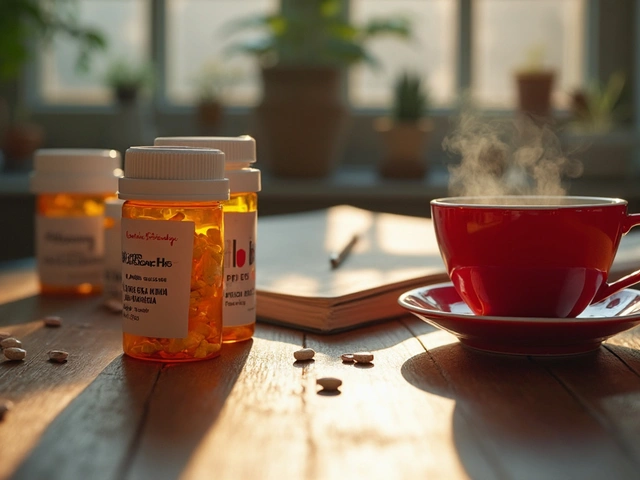Gardenia is a classic flowering shrub known for glossy leaves and white, fragrant blooms.
If you love strong floral scent, gardenia delivers— but it can be picky. This guide gives simple, practical tips for growing gardenias, using their scent safely, and what health notes to keep in mind.
Gardenias like bright, indirect light. Morning sun with afternoon shade works best. Plant them in rich, acidic soil (pH 5.0–6.0) that drains well. Mix compost and peat moss into the bed or potting mix to keep roots happy. Water consistently; aim for moist but not soggy soil. Let the top inch dry before watering again. Mulch helps keep roots cool and soil moist.
Feed gardenias with an acid-loving fertilizer in spring and mid-summer. Avoid high-phosphorus feeds; use one formulated for azaleas or camellias. Prune right after blooming to shape the plant and remove dead wood. Pruning too late cuts flower buds for next season.
Pests, Problems, and Remedies
Yellowing leaves are common and usually mean the soil is too alkaline or the plant needs iron. A soil test helps. Scale, aphids, and whiteflies can bother gardenias. Blast insects with water, use insecticidal soap, or introduce ladybugs. Powdery mildew and bud drop happen when humidity is wrong or watering is inconsistent. Keep good air flow and avoid wetting the leaves when watering.
Uses and Safety
Gardenia flowers are prized for perfume and can be used fresh or in potpourri. Gardenia oil appears in some fragrances and traditional remedies. In herbal medicine, Gardenia jasminoides (known as zhi zi in Chinese medicine) has been used for fever, inflammation, and liver support. That said, extracts and supplements can interact with prescription meds. If you take blood thinners, blood pressure drugs, or other long-term medicines, check with a healthcare provider before using gardenia supplements.
The fragrance is strong. People with sensitivity, asthma, or severe allergies might react to the scent or to essential oil vapors. Test a small amount in a well-ventilated room before heavy use. Keep gardenia products away from children and pets unless labels say they are safe.
For container gardening, pick a pot with good drainage and use ericaceous compost. Move pots to a sheltered spot and protect from frost; gardenias prefer warm, humid conditions. In colder climates, grow gardenias in pots and bring them indoors for winter where they get bright light and consistent humidity.
Want more specific help? Note your zone, soil pH, and how much sun your site gets, and you’ll get clearer advice. Gardenias reward care with unforgettable scent and glossy green leaves— just match their needs and they’ll thrive.
Propagating gardenias is straightforward from cuttings. Take a 3–4 inch tip in late spring, dip in rooting hormone, and plant in a mix of perlite and peat. Keep warm and humid, and roots often form in 6–8 weeks. If blooms are sparse, check bud damage, feeding, and night temperatures. Small seasonal adjustments usually fix problems fast.
Store dried gardenia buds in airtight jars away from light for potpourri or tea blends. Enjoy



